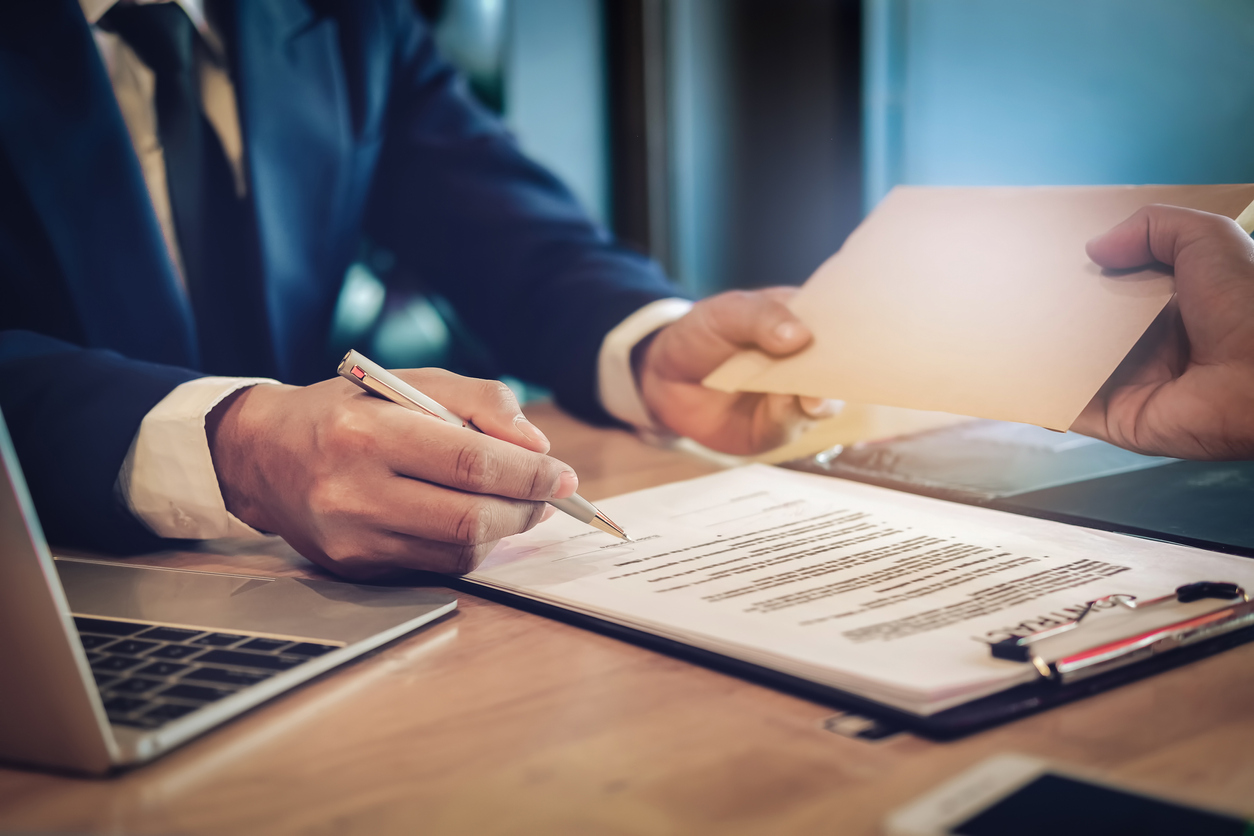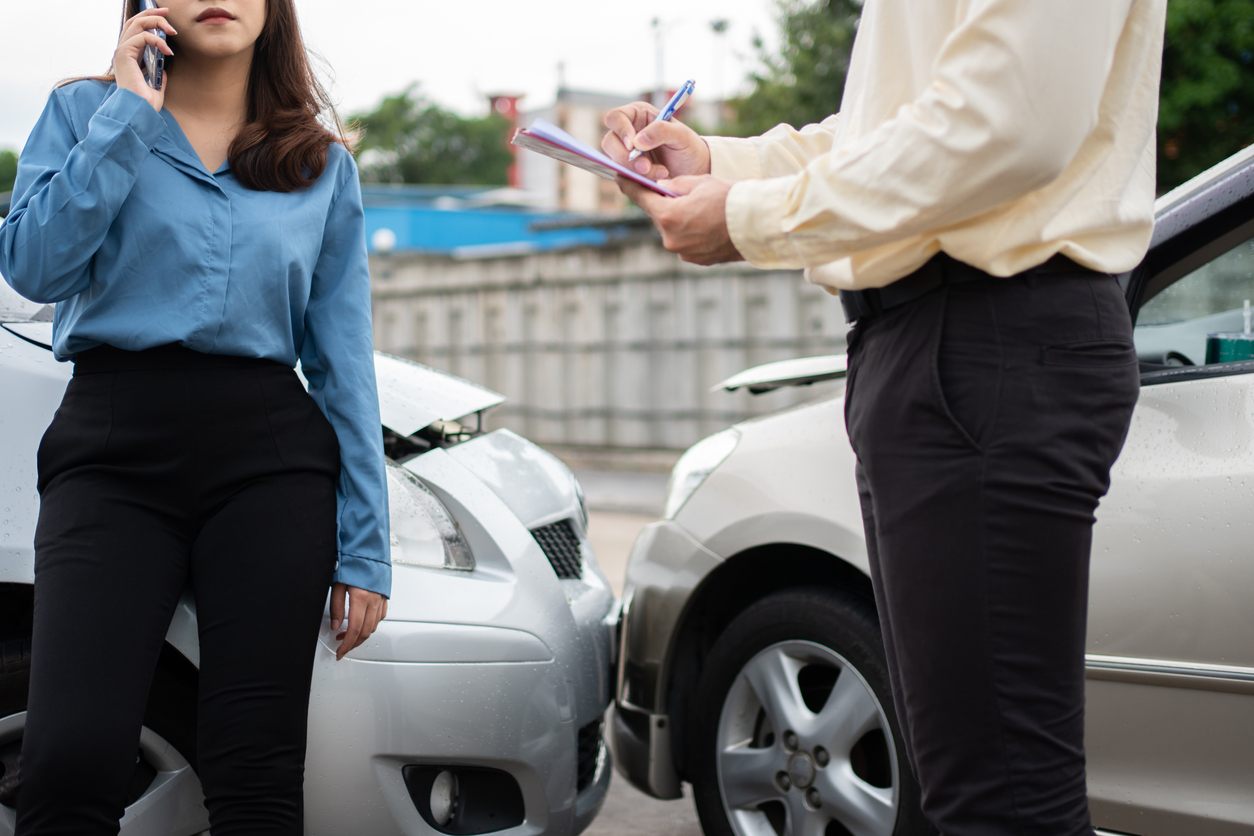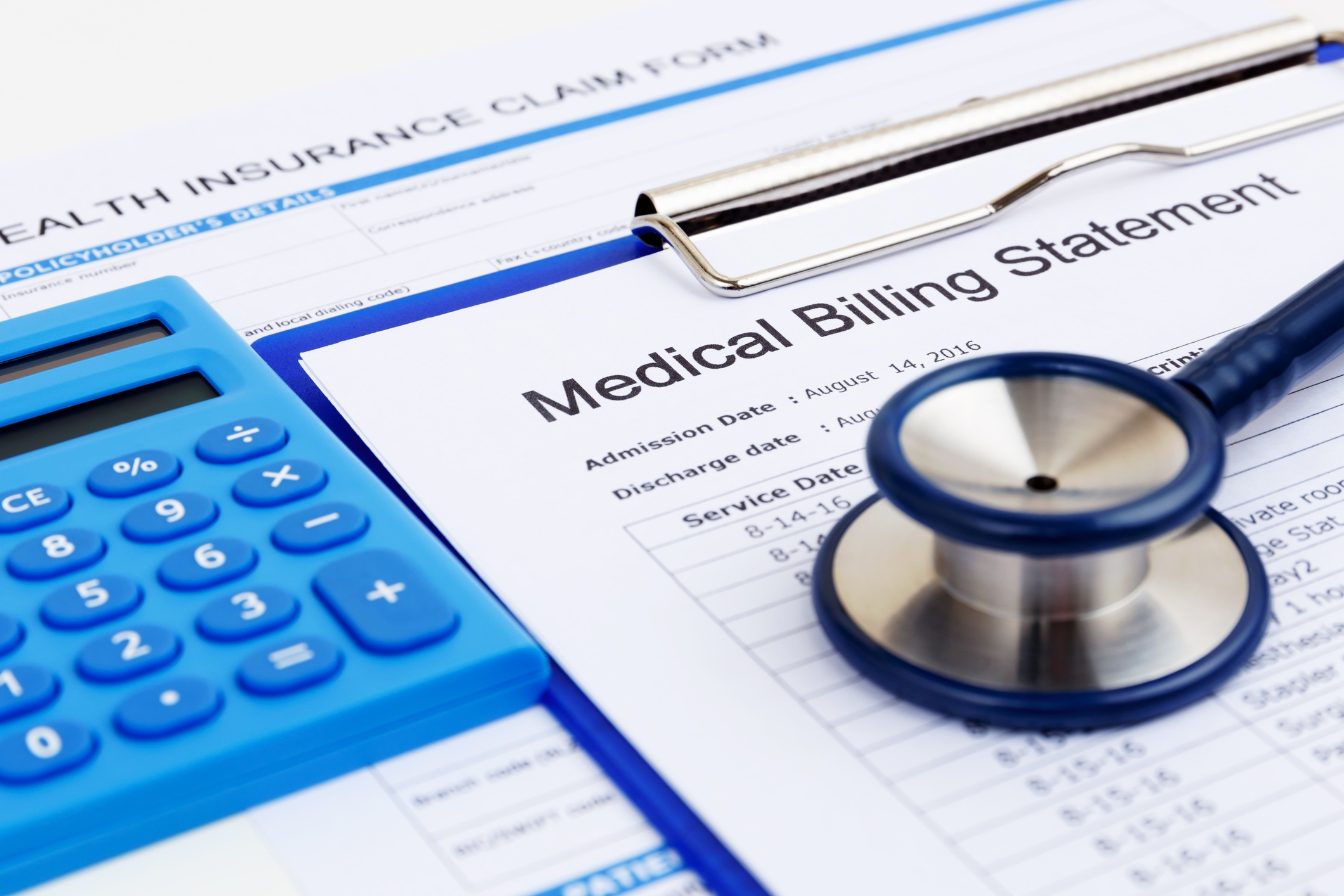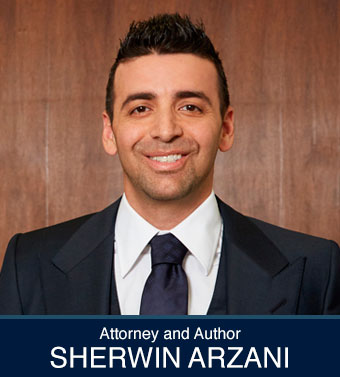A personal injury accident can come with a wide range of negative consequences. First and foremost, you might be experiencing significant pain and suffering, which can take a toll emotionally, mentally, and physically. You might also be placed in a difficult financial position, especially if you’ve missed work due to your injuries and incurred medical bills and other expenses.
It’s understandable, then, to be tempted by the initial offer of financial relief that comes your way. However, it is probably not wise to accept the insurance company’s first settlement offer, at least not without an attorney reviewing the situation first. The sections below will explain what you need to know.
The Insurance Adjuster Is Not on Your Side
When you file a claim with an insurance company, the company will assign an insurance adjuster to investigate the matter. If the adjuster accepts liability for the accident, they may offer you a settlement.
It’s critical to remember that the insurance adjuster is not on your side; they work for the insurance company. Insurance companies are for-profit businesses that exist to make money at the end of the day.
Insurance adjusters are incentivized to minimize the value of the claims that come before them because that benefits the company they work for. This remains true even if the insurance company you are working with is your own.
This is perhaps the primary reason why it is likely not a good idea to accept the insurance company’s first offer. In all likelihood, the initial offer is for much less than what your claim is actually worth. Realizing that true value, however, could take some time.
Insurance Claim Evaluation
Assessing the true value of a personal injury settlement is usually not an easy task. As the injured victim, you can claim compensation for virtually every consequence of the accident. Some of the things you can pursue a monetary award for include, but are not limited to, the following:
- Medical bills
- Lost wages
- Decreased earning capacity
- Pain and suffering
- Emotional distress
- Decreased enjoyment of life
- Scarring or disfigurement
- Loss of consortium
- PTSD
- Out-of-pocket expenses
- Anxiety or depression
Most people do not know they can receive compensation for all of these categories, so they might believe their claim is worth less than it is. The insurance adjuster may rely on this to offer you a less-than-adequate amount.
It can be difficult to convert some of the above categories into a dollar value, sometimes requiring expert analysis. However, it might become necessary to invest resources into such analysis to persuade the insurance company to offer a reasonable settlement.
Keep in mind that in a court of law, the personal injury victim has the burden of proof to support their claim for compensation. The insurance company knows this and could use that notion to its advantage. This is when having a lawyer on your side could mean everything.
How a Personal Injury Lawyer Can Help
Simply put, with an experienced personal injury attorney on your side, the insurance company won’t be able to take advantage of you. Hiring a lawyer will even the playing field and will help to ensure you receive a settlement offer that works best for you and that accurately reflects the value of your claim.
If possible, an attorney can negotiate to have the insurance company raise its offer. A lawyer can conduct an internal investigation into your case as well to gather the evidence required to prove your claim and accurately assess your damages.
Once the insurance company knows you’ve hired an attorney, you’ll have the threat of litigation in court to use against it in negotiations. Once a lawsuit is filed, you and your lawyer will have access to the pretrial discovery process, which could be critical to the value and validity of your claim.
Most personal injury attorneys offer a free initial consultation to go over your case. At the very least, it is worth your time to reach out to a few lawyers before accepting the insurance company’s first offer.





